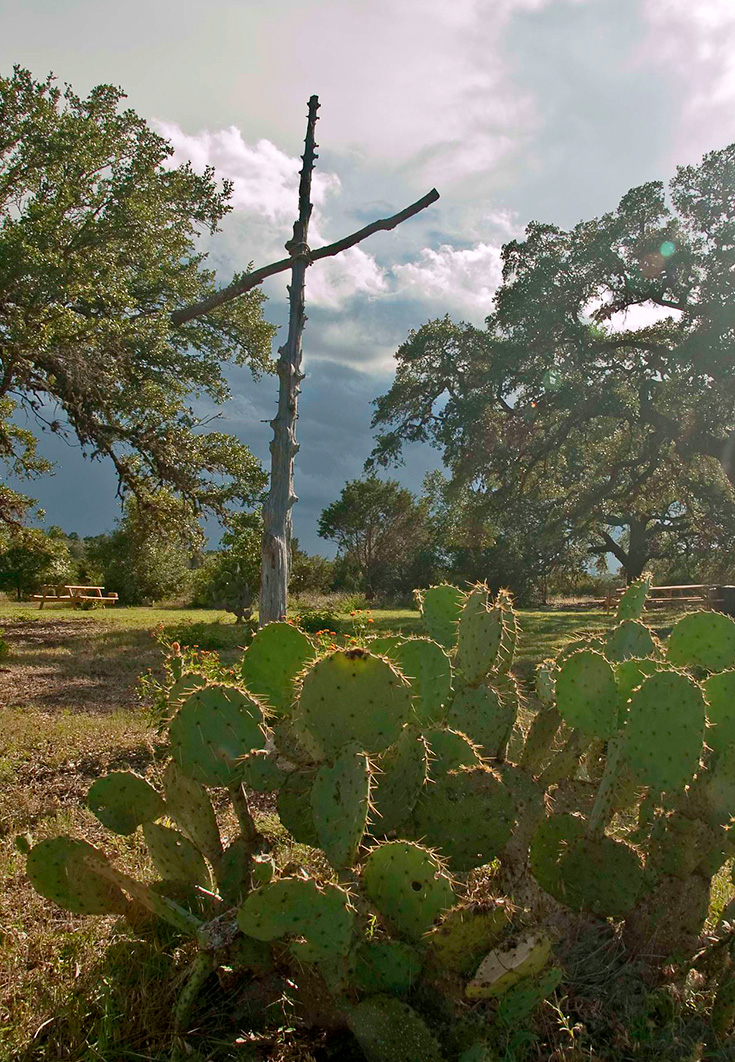Bob Wells’ fine piece on the need to learn to exegete a congregation led to a volunteer comment. Like a squash that grows up where no seed was intentionally planted (usually when the farmer drops one on the path), our commenter had something to say and was going to say it whether in the dutifully prepared row or not. So in her honor we offer this blog post.
Pastors will all have their own stories about the difficulty of learning to “read” a congregation—a skill not less dearly bought than that of learning to read a biblical text, with less seminary training devoted to it. Origen, the great 3rd century father of the church, spoke of the difficulty in horticultural terms. A biblical interpreter is like an ancient physician. They didn’t have hospitals back then, but they had medicinal herb gardens. A physician would first have to ascertain the exact nature of the illness in question. Then she would ground up the precise concoction of herbs for that ailment, and that one alone. It was clear in ancient medicine that reading the ailment was as important as reading the garden, and vice-versa.
For Origen it was clear that the skills of interpreting a congregation were as important as those for interpreting the scriptures. Make a mistake either way and you have something deadly. But mix and match right and you have healing, health, salvation (all the same word in Origen’s Greek).
But I can’t resist a little fun with Bob’s title. It reminds me of the seminary professor who heard a student’s confession halfway through his first semester of seminary. “All this time I’ve been hearing about exegesis,” he said. “And I’ve been thinking I was hearing people talk about the ‘acts of Jesus’.”
Jason Byassee is an executive director of Leadership Education at Duke Divinity.







